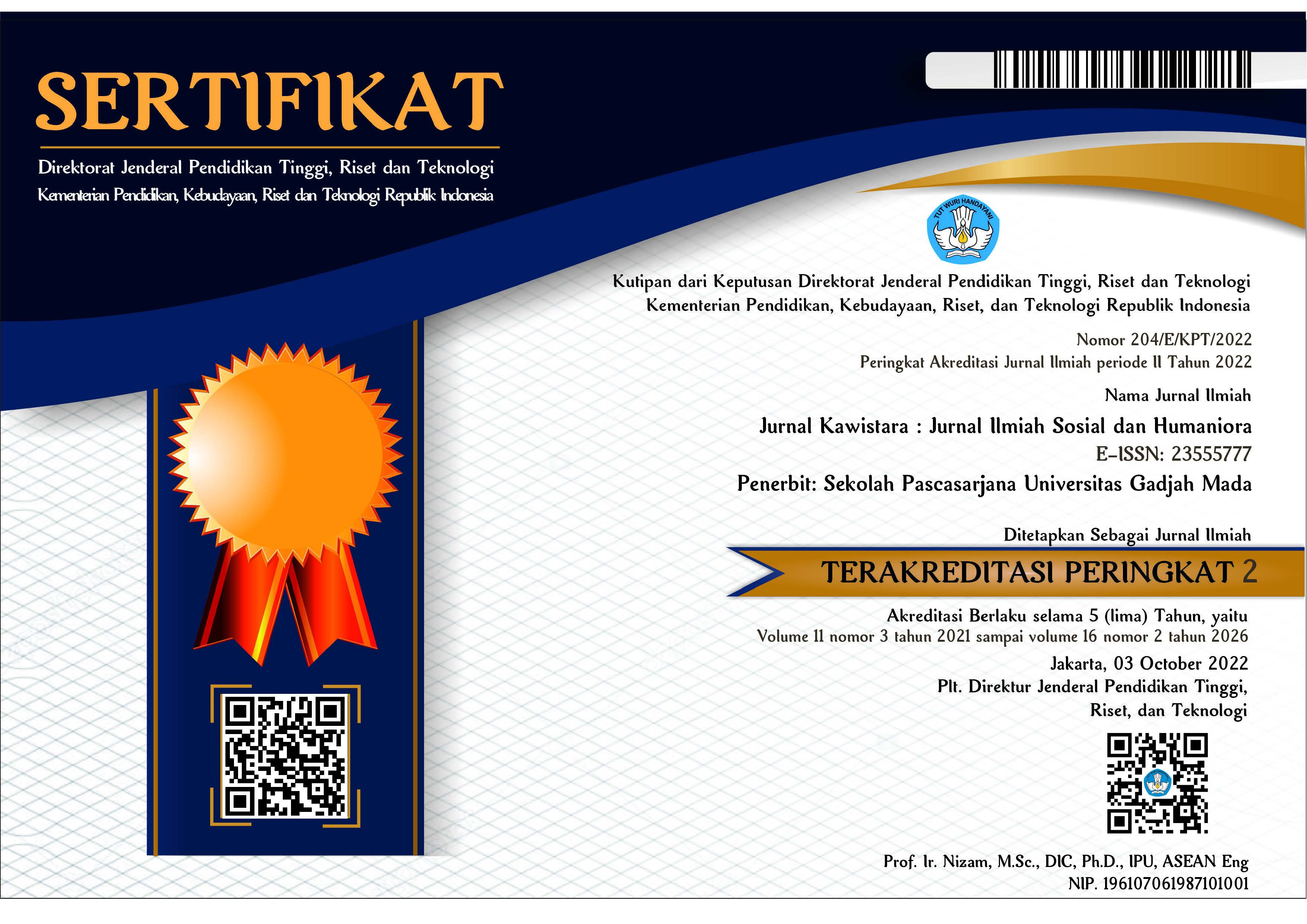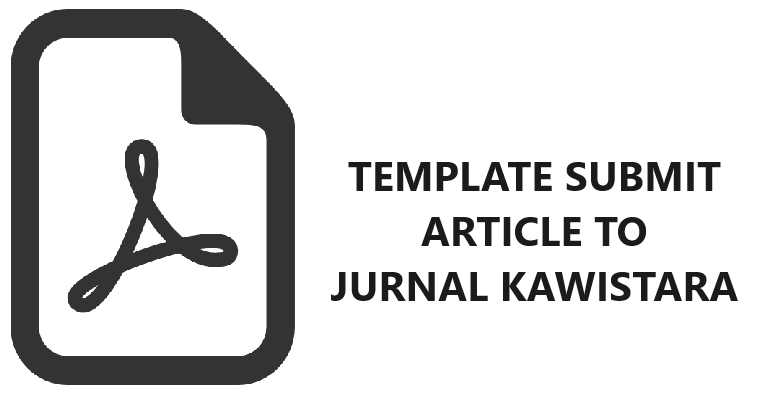PARADOKSALITAS PEMOSISIAN PEREMPUAN NOVEL COLOMBA KARYA PROSPER MERIMEE
Wening Udasmoro(1*)
(1) Fakultas Ilmu Budaya Universitas Gadjah Mada
(*) Corresponding Author
Abstract
Women have been narrated by men authors since classical literature; this has continued into contemporary
literature. In the 19th century, many authors were interested in narrating and positioning women in
their novels. This period can be considered one of transition, in which traditionality and modernity were
contested because of influences from the industrial revolution and many other social movements in
Europe. This period was also one of challenge, with the appearance of Gustave Flaubert’s novel Madame
Bovary, which was questioned because of moralistic issues. If in the early 19th century traditionality
was represented by Eugénie Grandet and Balzac’s figures of woman, but in the middle of the century
Flaubert dealt with freedom of sexuality, what discourses were presented in between these two different
periods? This article aims at explaining the bridging of the gap between the symbols of traditionality
and modernity, especially through the representation of women. Mérimée’s novel, Colomba, depicts the
agency of a woman named Colomba. In this novel, Mérimée not only showed the position of women vis
à vis men in parental or conjugal relation, like in the novels Eugénie Grandet or Madame Bovary. Rather,
the author attempted to look at the relationship between masculinities and femininities in a Corsican
context, in which the intersection of gender and social class (as well as traditions) was different than in
the Parisian context. The relation between the novel and the social structure in the 19th century Europe
plays an important part in the discussion and explanation of the relationship between the literature and
social narration of that period
Keywords
Full Text:
PDFArticle Metrics
Refbacks
- There are currently no refbacks.
Copyright (c)
Jurnal Kawistara is published by the Graduate School, Universitas Gadjah Mada.











